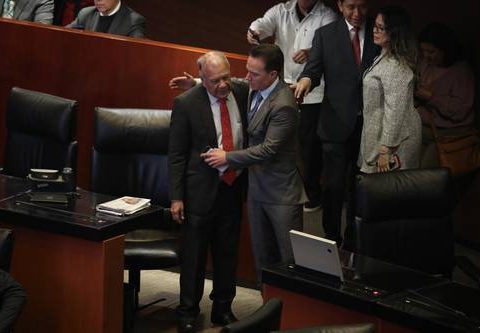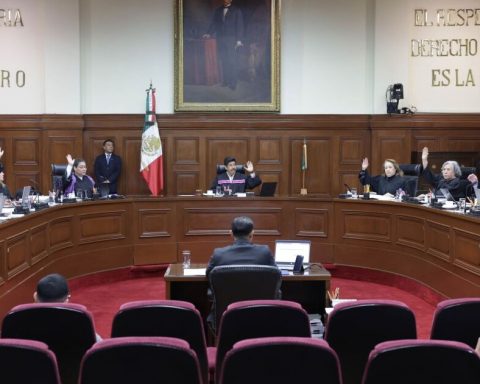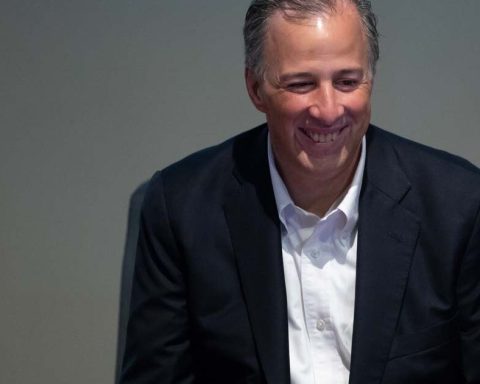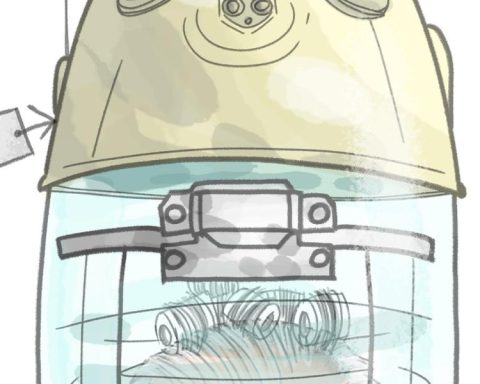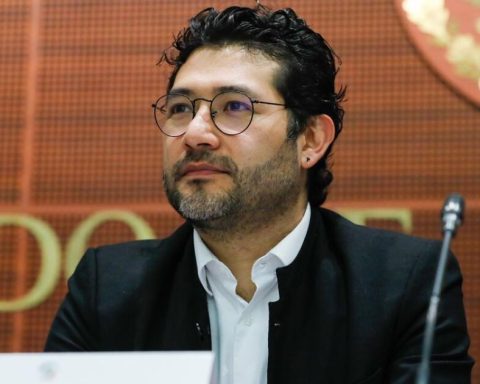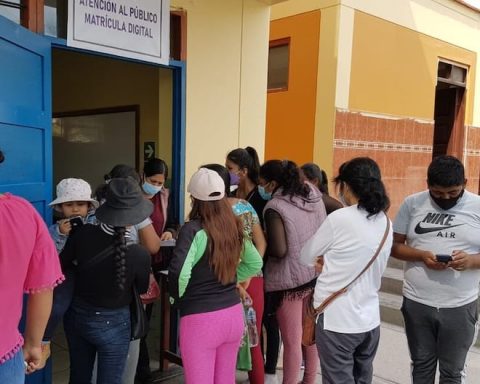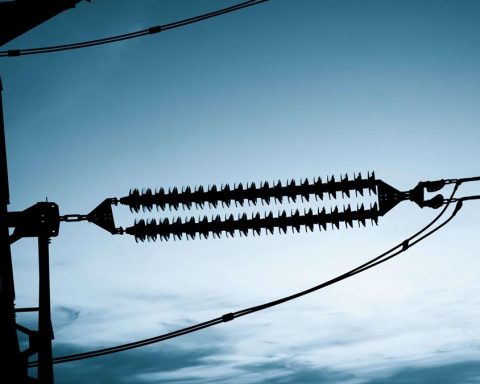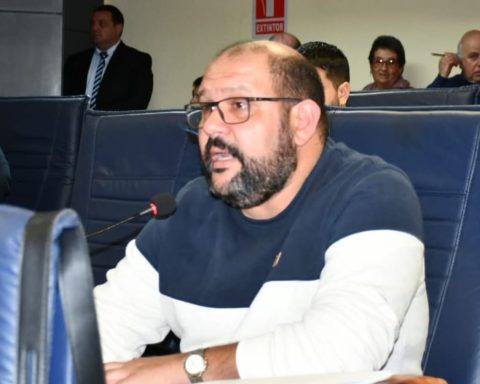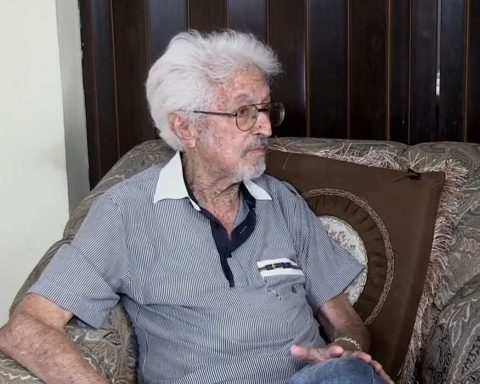Will the spirit of Samarkand revive the word mutual in world affairs?
A
mid September 2022, the nine members of the Shanghai Cooperation Organization (SCO) met in Samarkand (Uzbekistan) to hold their 22nd meeting of the Council of Heads of State. Since China, India and Pakistan are members of the SCO, the organization represents about 40 percent of the world’s population; plus Russia, the SCO countries make up 60 percent of Eurasian territory (the other member states are Kazakhstan, Kyrgyzstan, Tajikistan, Uzbekistan, and now Iran). In the Samarkand Declarationfinal text of this meeting, the SCO represented itself as an organization regional
although the sheer scale of the SCO would allow it to claim that it is a global organization with as much legitimacy as the G7 (whose seven countries comprise only 10 percent of the world’s population, despite the fact that they account for 50 percent of global net wealth).
The keyword of the Samarkand Declaration seems to be mutual
: mutual respect, mutual trust, mutual consultation and mutual benefit. There is an echo in these words of the final communique of the Asian-African Conference held in Bandung, Indonesia, in 1955, which led to the formation of the Non-Aligned Movement in 1961. The spirit of Samarkand reflects, during a different period, the Bandung spirit, with an emphasis on sovereignty and equality. Words like mutual
they are only attractive if they bring benefits to those who live in these countries.
The Western press looked the other way, either downplaying the meeting or highlighting the divisions among the countries that attended the meeting. Comments by Chinese President Xi Jinping and Indian Prime Minister Narendra Modi on the war in Ukraine made headlines in the Western media. The countries that attended Samarkand do not agree on every issue discussed, but have built trust among themselves and are interested in increasing their diplomatic and economic ties, particularly those related to trade.
The SCO states contribute 24 percent of the world’s gross domestic product (GDP) and accounted for 17.5 percent of world trade in 2020, a volume of activity that is attractive to the poorest states in Eurasia. The locomotive of this activity is still China, the largest trading partner of Iran, Kyrgyzstan, Pakistan, Russia, India and Uzbekistan. The advantages of trade between these countries (including energy purchases from Russia) anchor the SCO, which has become a key institution for the integration of Eurasia.
Iran became a full member of the SCO in Samarkand. In the past decade, US sanctions on Iran and Russia, as well as the US-sponsored trade war against China, have brought the three countries closer together. In April 2021, China and Iran signed a 25-year trade pact, which, according to Iran’s ambassador to China, Mohammad Keshavarz-Zadeh, it is not against any third country
, referring to the US. With a stronger anti-Western tone, they were heard at the seventh Eastern Economic Forum held in Vladivostok, Russia, in September 2022, where Russian President Vladimir Putin said: The West is failing, the future is in Asia
.
The SCO is not just a consolidation of Asian countries heavily sanctioned by the US and the European Union (EU). India, a member of the SCO, is an unsanctioned state, and Turkey, also unsanctioned, is trying to join the SCO. These deny the supposed raison d’être of the organization. India is a full member of the SCO and has assumed the presidency of the group until the next meeting in 2023. Modi played an active role in Samarkand and, according to an article by former Indian Foreign Minister Kanwal Sibal, suggested that India’s membership in the OCS is part of our commitment to a multipolar world
.
Turkey, a member of the North Atlantic Treaty Organization, is a dialogue partner of the SCO and is now trying to join the organization. In 1987, Turkey applied to join the EU and was declared fit to enter there
in 1999. Senior Turkish officials, told the process is slow, watched with dismay as Ukraine applied for EU membership in February 2022 and was then accepted as an EU candidate in June, well ahead of to Turkey, whose candidacy has not advanced and accession negotiations have been frozen indeed
. Samarkand was the first SCO meeting attended by Turkish President Recep Tayyip Erdogan, who spoke of the SCO region as the ancestral homeland
of the Turkish people. India’s leadership in the SCO and the possibility of Turkey joining the group show that the SCO becomes an instrument of Eurasian integration.
The situation in the world is deteriorating dangerously
pointed out the Samarkand Declaration. Local conflicts and crises intensify and others arise.
While the SCO was meeting, Azerbaijan attacked Armenia opening more tensions between Russia (which is in the Collective Security Treaty Organization with Armenia) and Turkey (a close ally of Azerbaijan). Adding to the confusion, clashes broke out on the border between Tajikistan and Kyrgyzstan, with Putin rushing to call the presidents of both countries to resolve their differences. Modi and Xi met in Samarkand for the first time since the May 2020 clash between Chinese and Indian troops in Ladakh. There has been no real progress in the border dispute that these two great Asian powers have maintained for decades. These existing local conflicts not only threaten the security of the people living in those countries, they also challenge the SCO to become more than just a regional organization.
* Globetrotter

